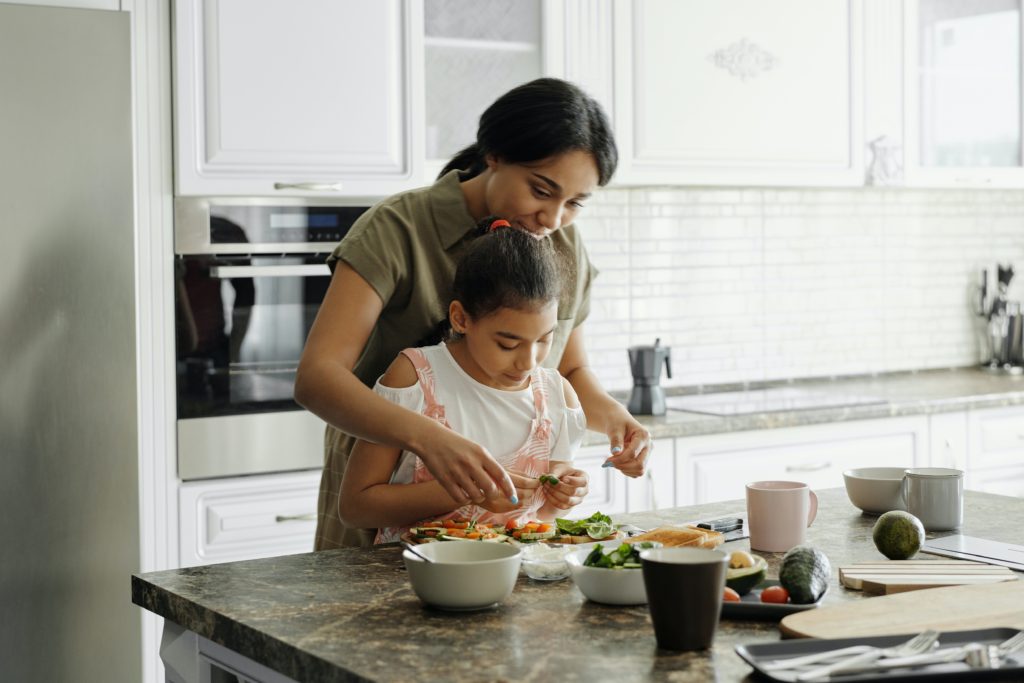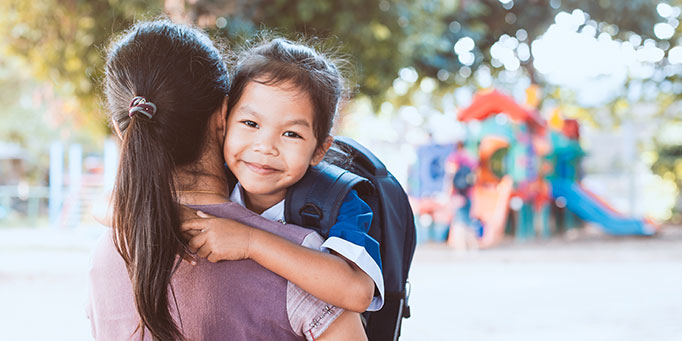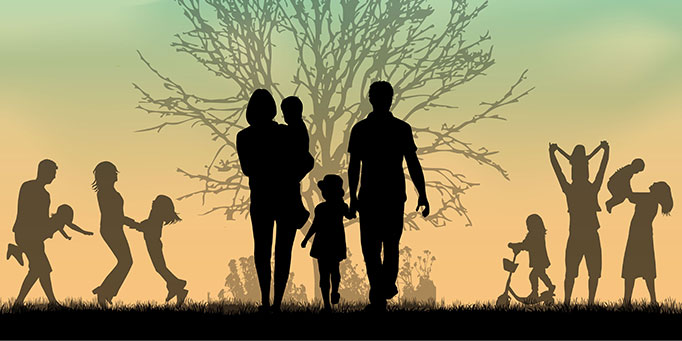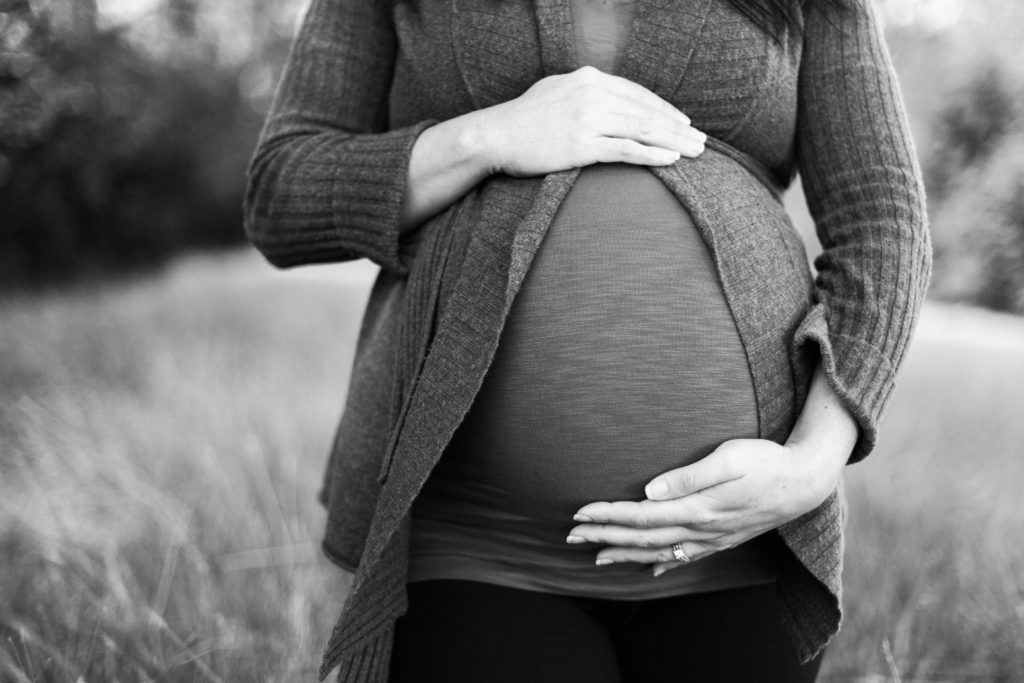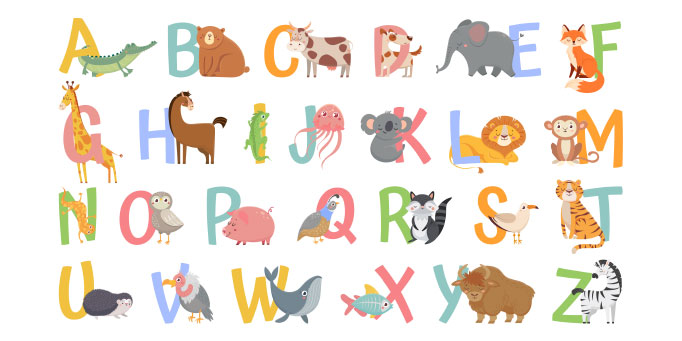
It’s official! Cold and flu season is upon us. Winter has barely started and our family has already been knocked down by one thing after another. It’s been a brutal reminder that there are still plenty of ‘Diseases Other Than Covid’ about. Maybe you know the feeling: when you start losing track of who’s had what and when, and you’ve got the school office/absentee line on ‘speed dial’.
But when we are home sick, there are some important life lessons that we and our children can learn together.
Part of life
When our children were little, I used to get shocked every time they got sick. I would rack my brains trying to work out where they might have caught the illness, and how I could have prevented it. I expected that with good hygiene and healthy food I could keep the kids healthy 100% of the time.
My perspective changed when a friend pointed out that it’s quite normal for preschoolers to get up to six (or more!) colds per year; in fact, that’s how their immune system develops.
Actually, my friend’s perspective was much more biblical than mine. Getting sick is a tangible reminder for us and our children that we live outside Eden, where every good thing is prone to disease and decay. Sickness reminds us of our own mortality.
We can point ourselves and our children to our perfect future home with God, where ‘He will wipe every tear from their eyes. There will be no more death or mourning or crying or pain, for the old order of things has passed away’ (Revelation 21:4).
But in the meantime, all we can say to our kids is that unfortunately, getting sick is part of life. The question is not whether we will get sick, but how we can manage when we do. And we are extremely fortunate to have modern medicine to help us through the most common illnesses we face.
Even mummies and daddies …
Keep reading over at Growing Faith, a Christian online magazine for parents. Find out more about Growing Faith and subscribe to our monthly e-newsletter here.



